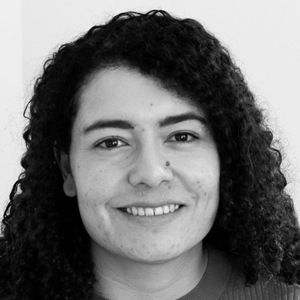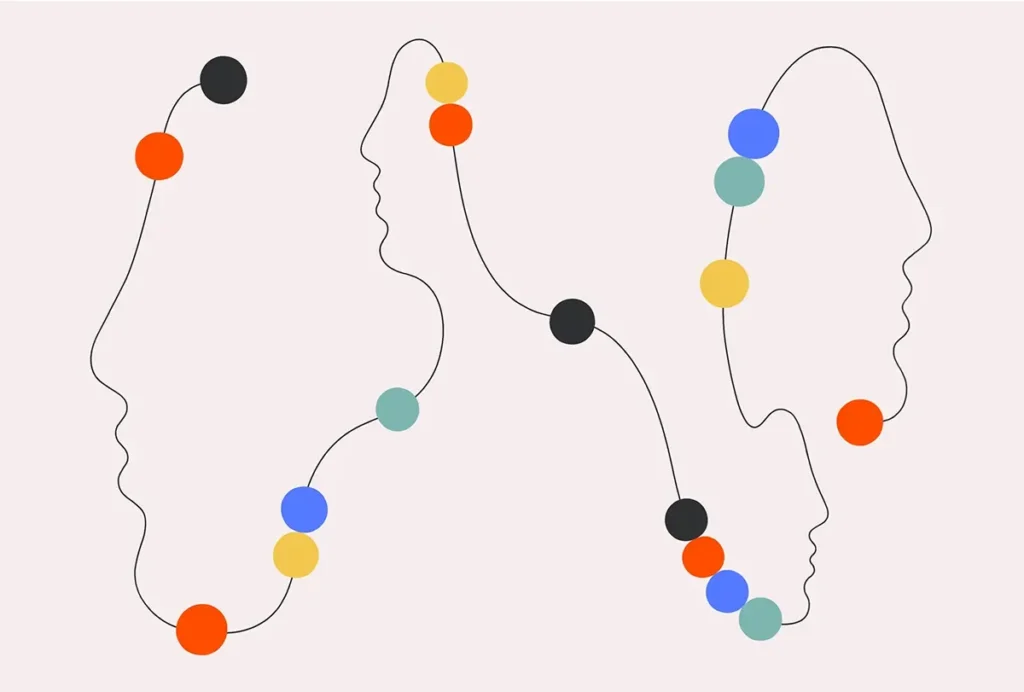Gina Jiménez is a health reporter and The Transmitter’s former news reporting intern. She has written for Kaiser Health News, Scientific American and Slate, among other publications. She holds an M.A. in journalism from New York University’s Science, Health and Environmental Reporting Program. See more of her work at https://www.gina-jimenez.com.

Gina Jiménez
Former news reporting intern
The Transmitter
From this contributor
Cannabis may be rescheduled–what does it mean for neuroscience?
The drug could become much easier to access, increasing the number of researchers who can work with it and the manufacturers who can produce it.

Cannabis may be rescheduled–what does it mean for neuroscience?
How to use race and ethnicity data responsibly in neuroscience research
Follow these four tips to avoid using the information in problematic ways, including as a proxy for environmental variables.

How to use race and ethnicity data responsibly in neuroscience research
Reporting bias widespread in early-childhood autism intervention trials
Only 7 percent of completed registered trials were later updated with results, one of several failings identified in a new analysis.

Reporting bias widespread in early-childhood autism intervention trials
Alzheimer’s scientist to correct two papers because of data inconsistencies
Anonymous commenters raised concerns about the statistical methods that Soyon Hong and her colleagues used in their work.

Alzheimer’s scientist to correct two papers because of data inconsistencies
Theoretical and computational neuroscientists net 2024 Brain Prize
Larry Abbott, Terrence Sejnowski and Haim Sompolinsky split $1.45 million in recognition of their decades of work uncovering principles of brain structure and function.

Theoretical and computational neuroscientists net 2024 Brain Prize
Explore more from The Transmitter
New connectomes fly beyond the brain
Researchers are mapping the neurons in Drosophila’s ventral nerve cord, where the central nervous system meets the rest of the body.

New connectomes fly beyond the brain
Researchers are mapping the neurons in Drosophila’s ventral nerve cord, where the central nervous system meets the rest of the body.
Building an autism research registry: Q&A with Tony Charman
A purpose-built database of participants who have shared genomic and behavioral data could give clinical trials a boost, Charman says.

Building an autism research registry: Q&A with Tony Charman
A purpose-built database of participants who have shared genomic and behavioral data could give clinical trials a boost, Charman says.
Cerebellar circuit may convert expected pain relief into real thing
The newly identified circuit taps into the brain’s opioid system to provide a top-down form of pain relief.

Cerebellar circuit may convert expected pain relief into real thing
The newly identified circuit taps into the brain’s opioid system to provide a top-down form of pain relief.